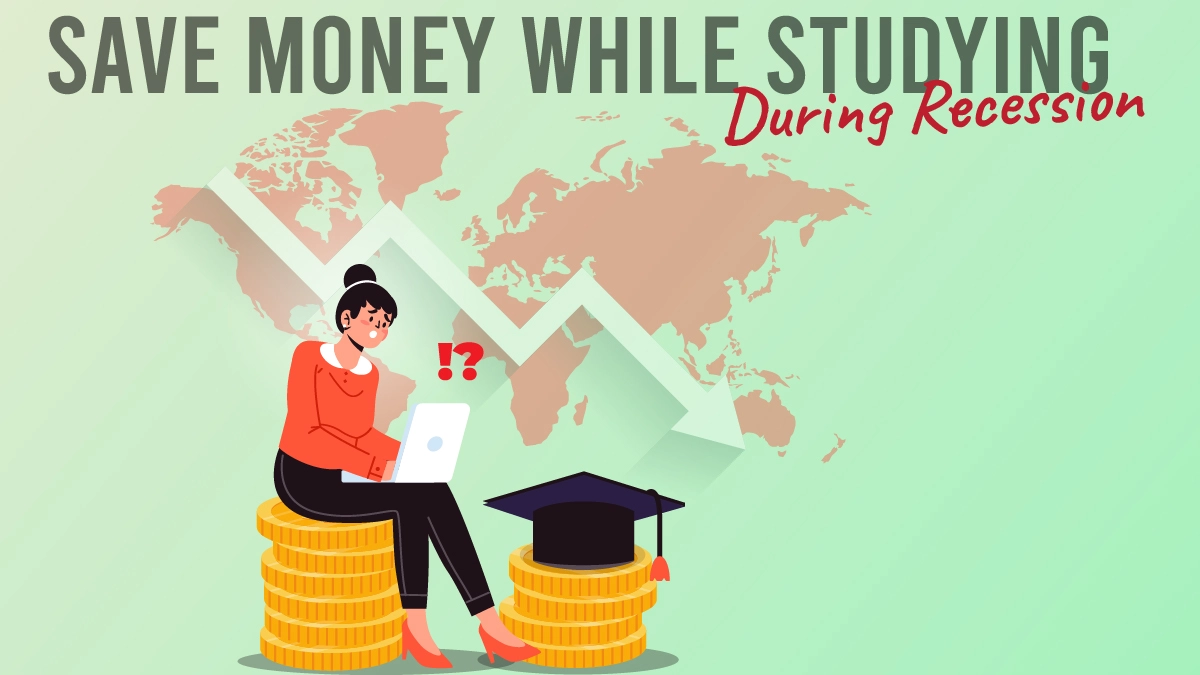https://www.wemakescholars.com/blog/private-education-loan
Private Education Loan: An Overview
Private Banks/NBFCs | Updated

Despite the economy being adversely affected due to the pandemic, there has been an increase in the education loans taken by applicants to achieve their academic dreams in the last year.
The reason behind this is that keeping yourself updated through quality education and honing your skills will help you face the competitive future. If you are considering taking an education loan to study in India or abroad, there can be no better time than now.
There are two types of education loans that student loan providers offer to students i.e. secured and unsecured education loans. While private student loan lenders provide both types of education loans, they are good for non-collateralized loans since government banks offer the best deal on collateralized education loans.
Eligibility criteria for a non-collateralized education loan
For a non-collateralized education loan, student loan providers examine a set of deciding factors to check the applicant's eligibility, those are
- Your educational profile- Your past academic records should be at least 60% and you shouldn't have more than 3 backlogs to qualify for a non-collateralized education loan.
- Financial co-applicants- The person who is your financial co-applicant should have a sound income and be able to pay the interest during the moratorium period.
- CIBIL report- Your and your co-applicant's CIBIL score should be at least 685 or above and no major issues should reflect on the CIBIL reports.
- Your preferred course/degree- The chances of your loan approval increase if your preferred course belongs to one of the STEM disciplines or is job-oriented. Getting a non-collateralized education loan for a Ph.D., MBBS, Theology, tailoring, etc. is next to impossible.
- Your preferred country- If you're going abroad then, major abroad destinations like the US, UK, Canada, Australia, Ireland, and Germany have higher approval rates for private education loans since the applicant is more likely to be hired there.
- Your preferred University- The University should come in the top 300 universities globally.
Private education loan lenders in India
The education loans taken from private lenders are mostly referred to as private education loans. Private education loans in India are given by private banks and non-banking financial companies (NBFCs) in the form of non-collateralized education loans where you are not required to pledge any collateral as security and you can get-
|
Parameter |
Details |
|
Amount |
Up to 1.5 Crores (depending upon your preferred university and country) |
|
Interest rates |
Starts from 9.99% |
|
Processing fee |
1-1.5% on the loan amount +GST |
|
Processing time |
7-10 working days for non-collateral loans |
|
Moratorium period |
Course duration + 6-12 months |
|
Repayment period |
Up to 15 years |
Students may get overwhelmed while approaching multiple lenders individually for private education loans in India, especially during this time of pandemic waves.
This is why you should approach WeMakeScholars, an organization funded and supported by the Ministry of IT government of India, which is associated with 10+ prominent government and private lenders. What WeMakeScholars does is connect you to multiple lenders concurrently guide you throughout your education loan process and help you get the best deal possible.
Partially secured education loans by private lenders
If the student's profile does not meet the eligibility criteria set for a private education loan without collateral, then they could pledge security and gain a partially secured loan from private lenders.
The amount of this security can be much lower than the amount of loan the student is seeking. This is not a well-known practice but can greatly increase the chance of you getting a loan.
For example, you may get a 20 lakhs education loan by pledging an FD of just Rs. 10 lakhs.
Pros and Cons of Private Education Loan
Taking a non-collateralized education loan from private lenders has its advantages and disadvantages-
Pros
- Less processing time - Private lenders take 7-10 working days for a non-collateralized private education loan once all the required documents are submitted. Students who need the sanction letter as soon as possible, mostly at the last moment should approach the private lenders.
- No loan margin - Most private lenders especially NBFCs do not keep loan margins on education loans, unlike most government banks who keep a minimum of 10% as loan margins.
- Online process - Loan processing of all private lenders can be done online. You can apply and submit all your documents online and visit only once while finalizing the deal.
Cons
- Higher interest rate - All private lenders charge a high interest rate on education loans. The difference between the interest rate of private lenders to that of government banks is a minimum of 2%.
You can check out how much of a difference of 0.5 to 1% can make in the long run by trying out the Education Loan EMI calculator by WeMakeScholars. - Moratorium period - While you get a payment-free moratorium period in government banks, private lenders take partial or full interest on the disbursed amount during the moratorium period.
- Low approval rate - Private lenders' contribution to total education loans provided to students is around just 10% which pales in comparison to around 90% figure by government banks (as per The Economic Times)
There is a high chance that private lenders may refuse to fund your education abroad if you visit on your own, or even if they do approve, their overall education loan factors end up not being in your favor.
Private lenders' offers are variable that can be negotiated like the interest rates, loan amount, processing fee, loan insurance, repayment period, etc. So when you apply via WeMakeScholars, we negotiate all of them on your behalf and get the best possible deal for you.
And also private lenders rarely provide complete details of the terms of the education loan before the student submits an application form. WeMakeScholars has been transparent about every education loan-related aspect of each lender and keeps you informed with the right information.
This is why we have also started the YouTube channel and created a comprehensive web series on education loans named "LoanFlix". So do check out that as well for any other education loan-related queries.


.jpg)
Kindly login to comment and ask your questions about Scholarships & Education Loans